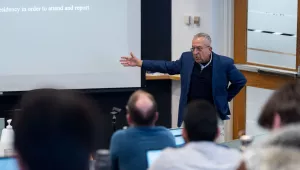Abstract
Four misconceptions plague the efforts of the Afghan government and the international community to succeeding in weaning Afghanistan off its narcotics economy. The first myth is that the explosion of opium poppy cultivation in Afghanistan is a new phenomenon emerging from the fall of the Taliban. The second misconception is that if the Taliban regime had remained in power, given its religious fervour, it would have extirpated the illicit economy. The third misconception is that the warlords sponsoring the illicit economy gain only immense financial profits and weapons from the drug trade, a notion that critically ignores the significant political capital that they also reap from such involvement. The final myth and the most dangerous for efforts to cement progress in Afghanistan is that large-scale eradication of the opium crop is the quickest and most effective way to stabilize the country. Only massive economic investment in Afghanistan and wise patience not to demand immediate visible measures of ‘the success’ of counter-narcotics policies can produce a decrease in Afghanistan's illicit economy that it is truly durable and not politically destabilizing.
To view full text please see PDF below (login may be required).
Felbab-Brown, Vanda. “Kicking the Opium Habit? Afghanistan's Drug Economy and Politics since the 1980s.” Conflict, Security & Development, June 1, 2006





